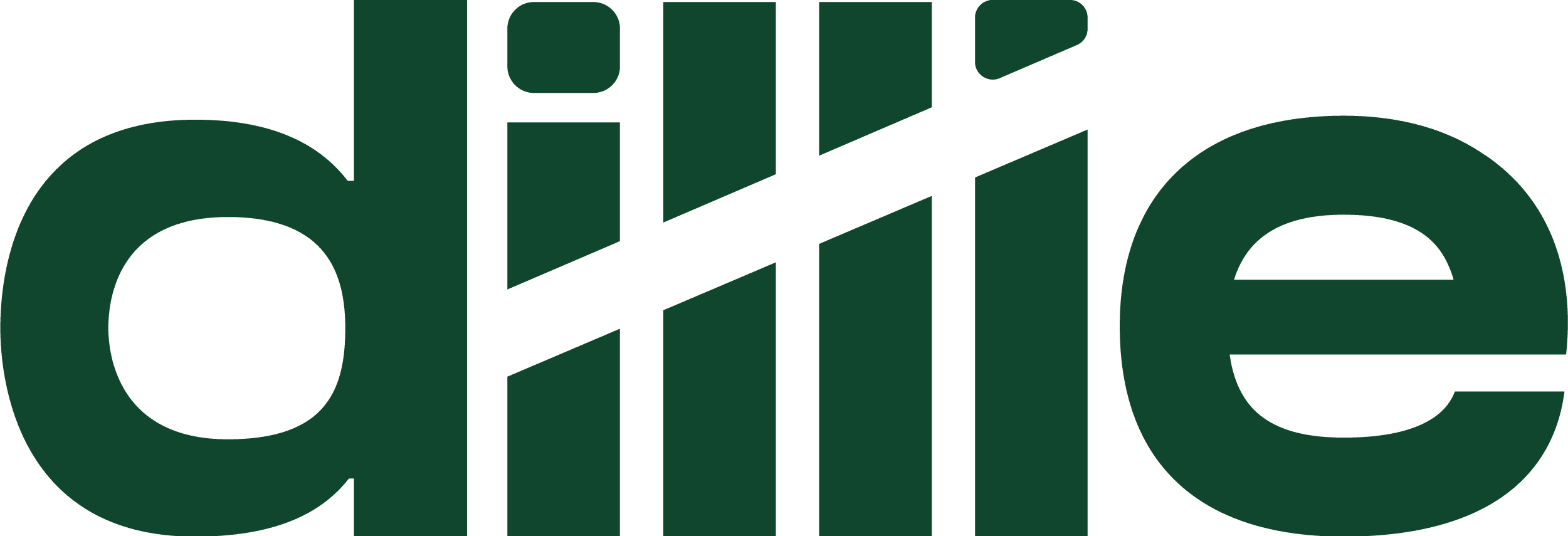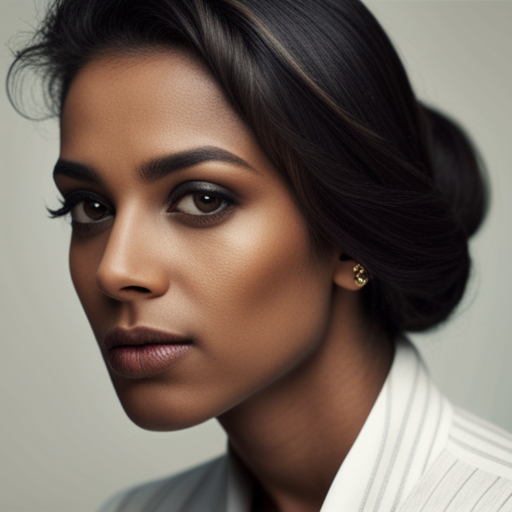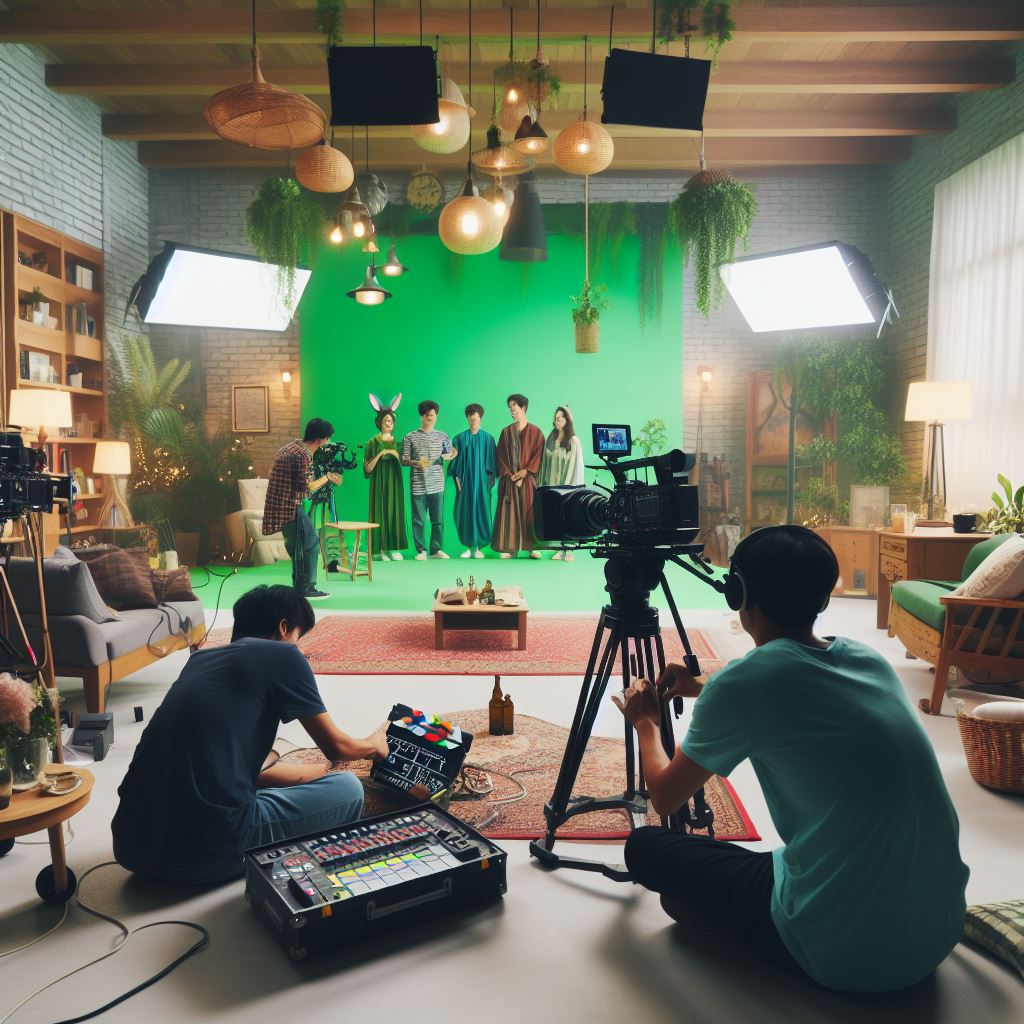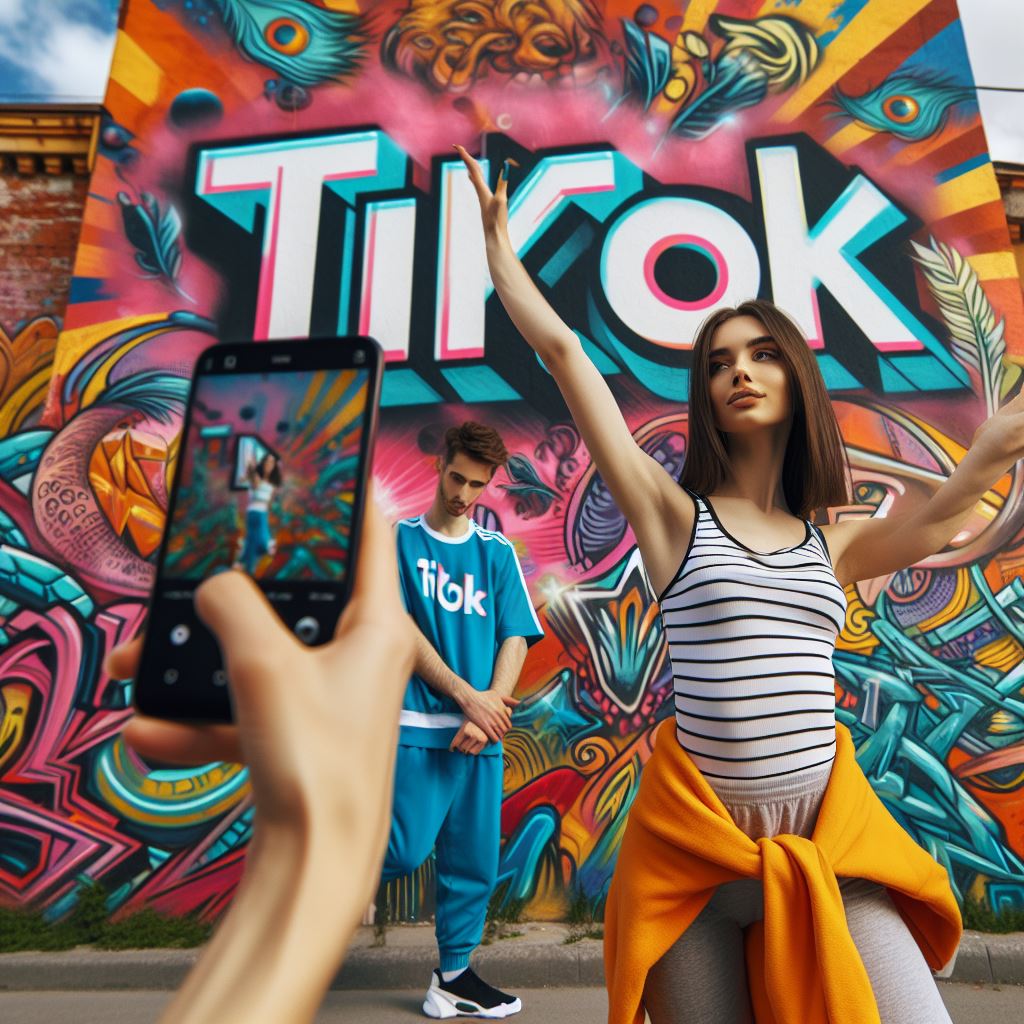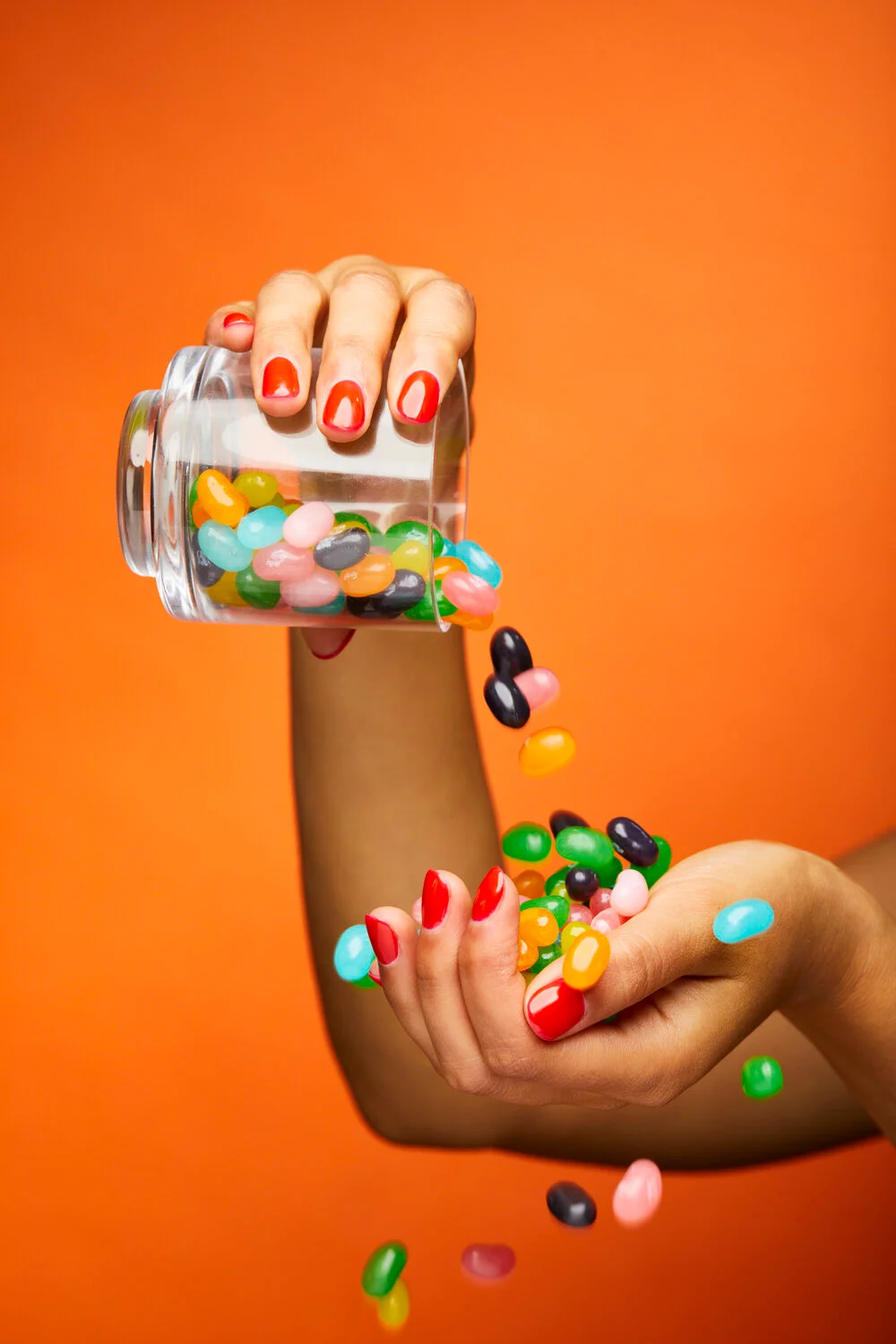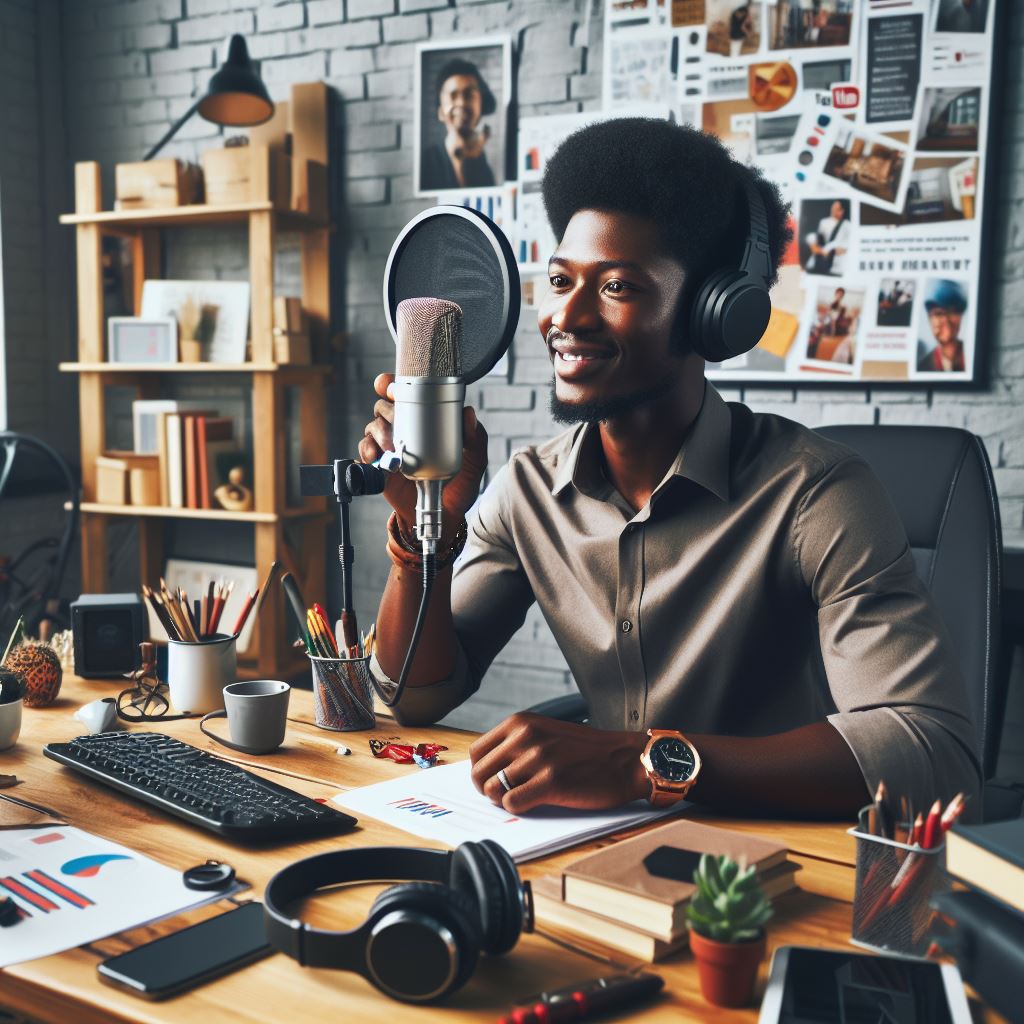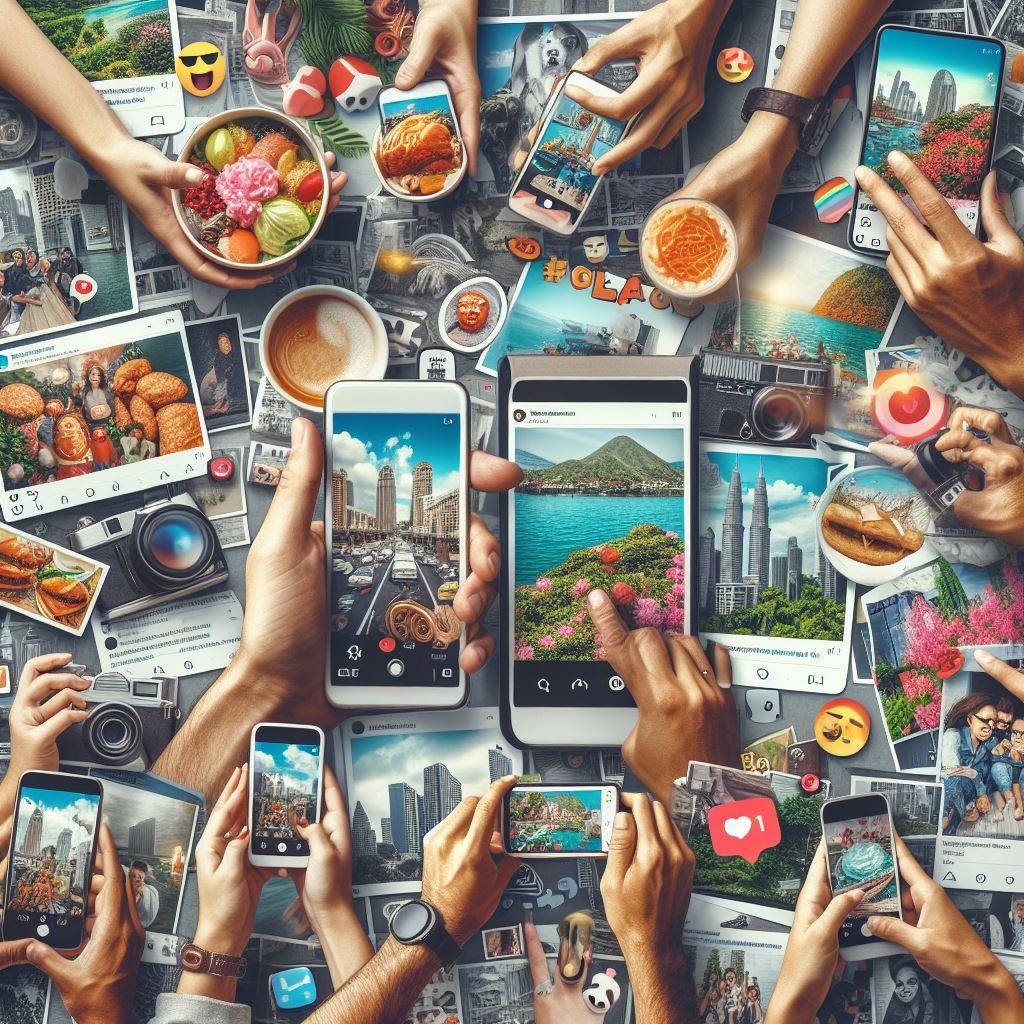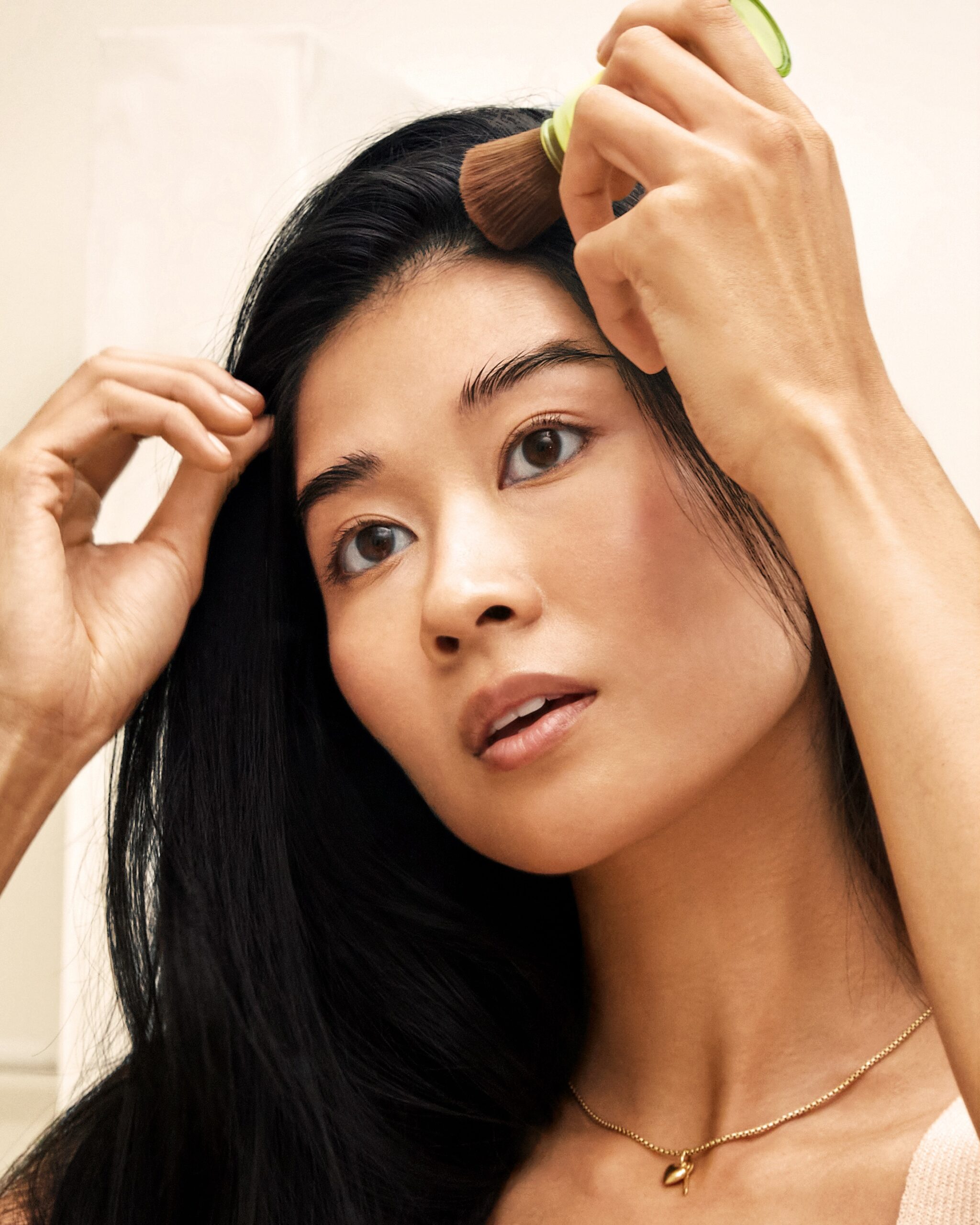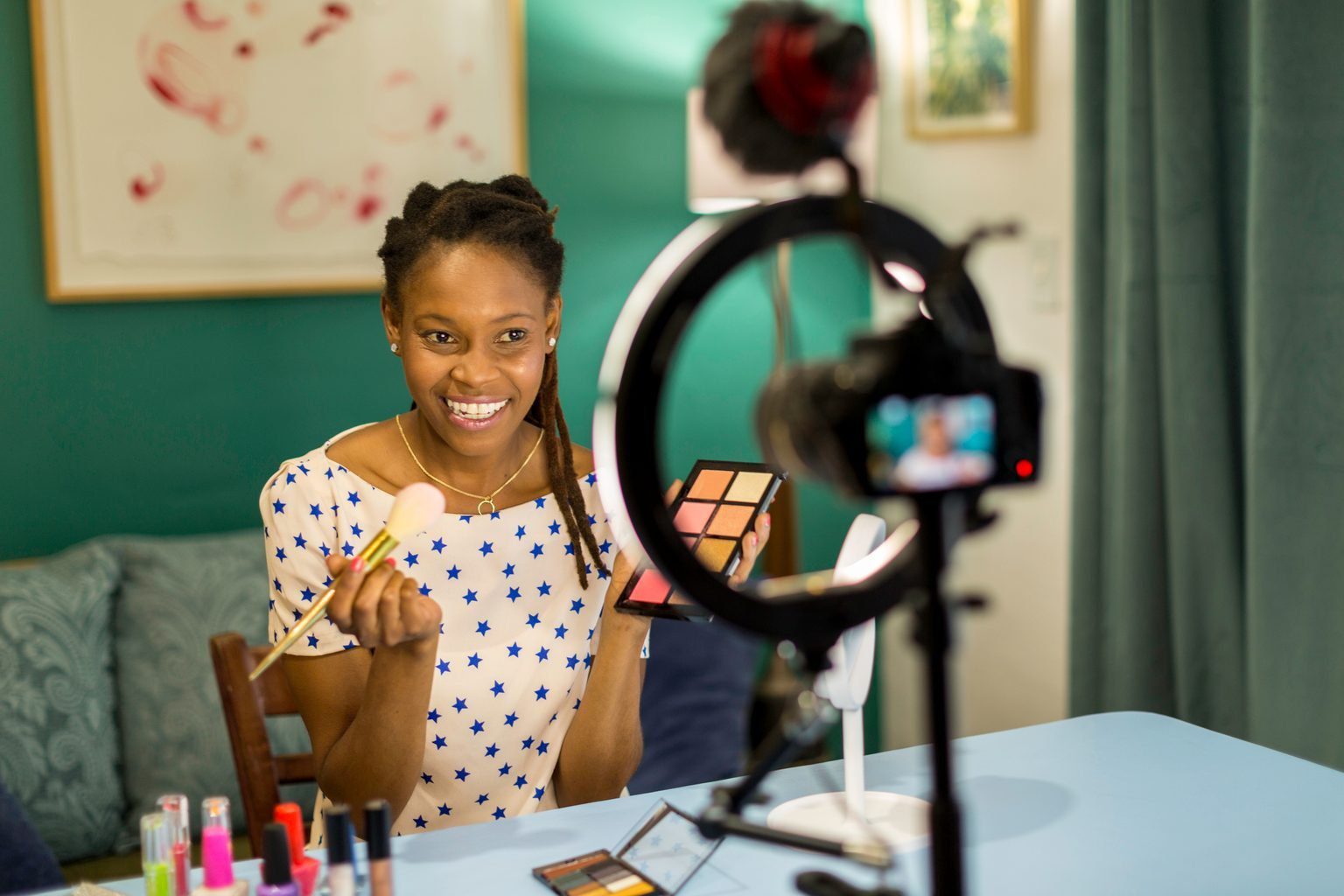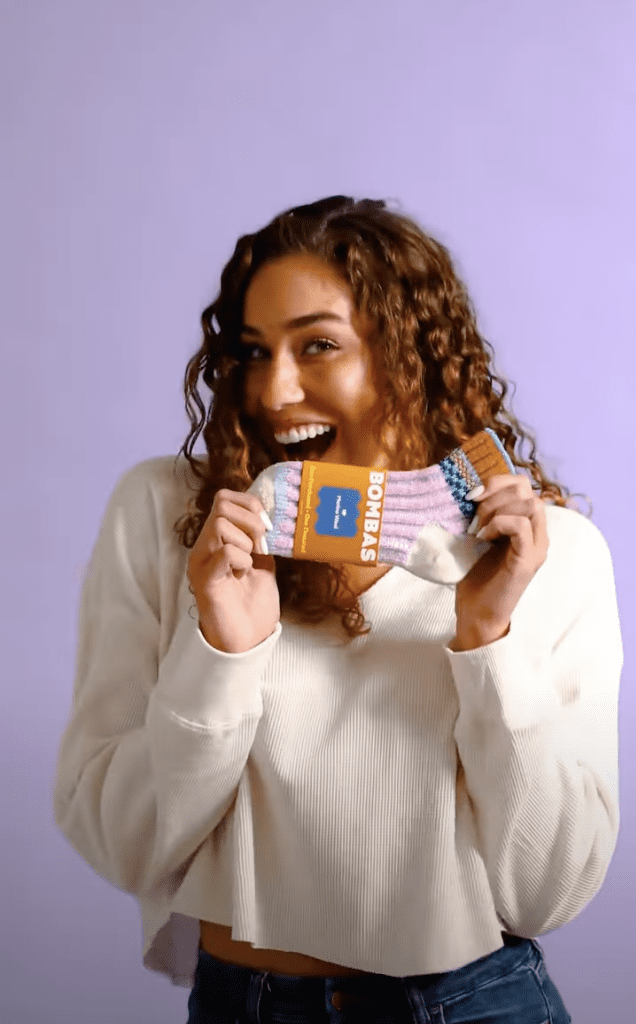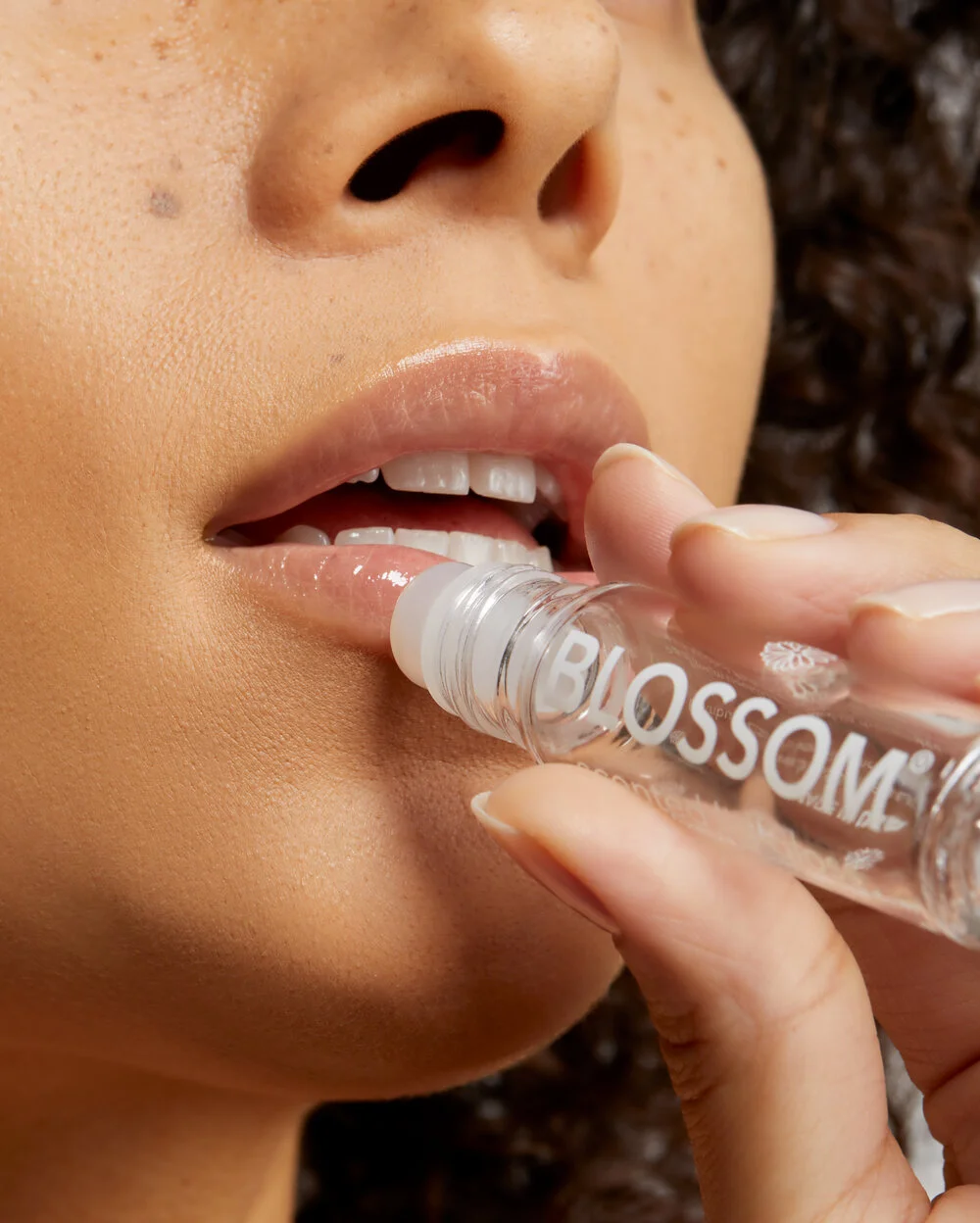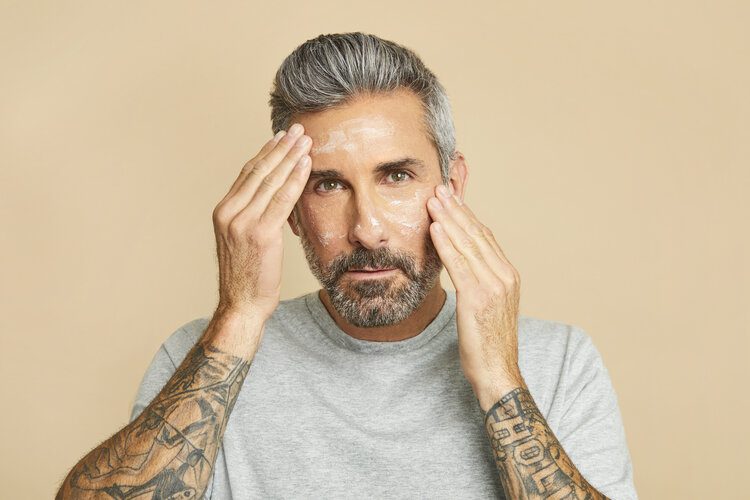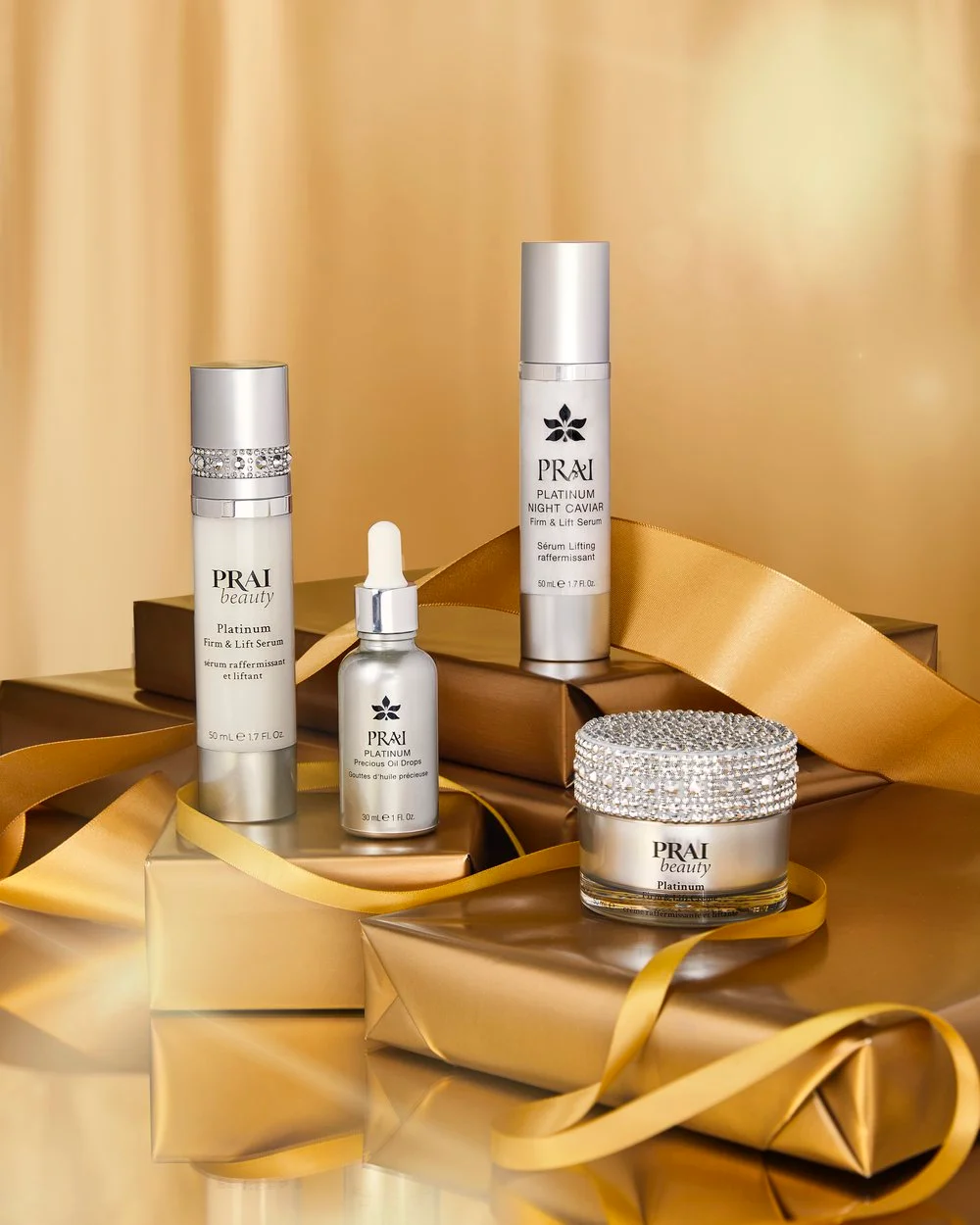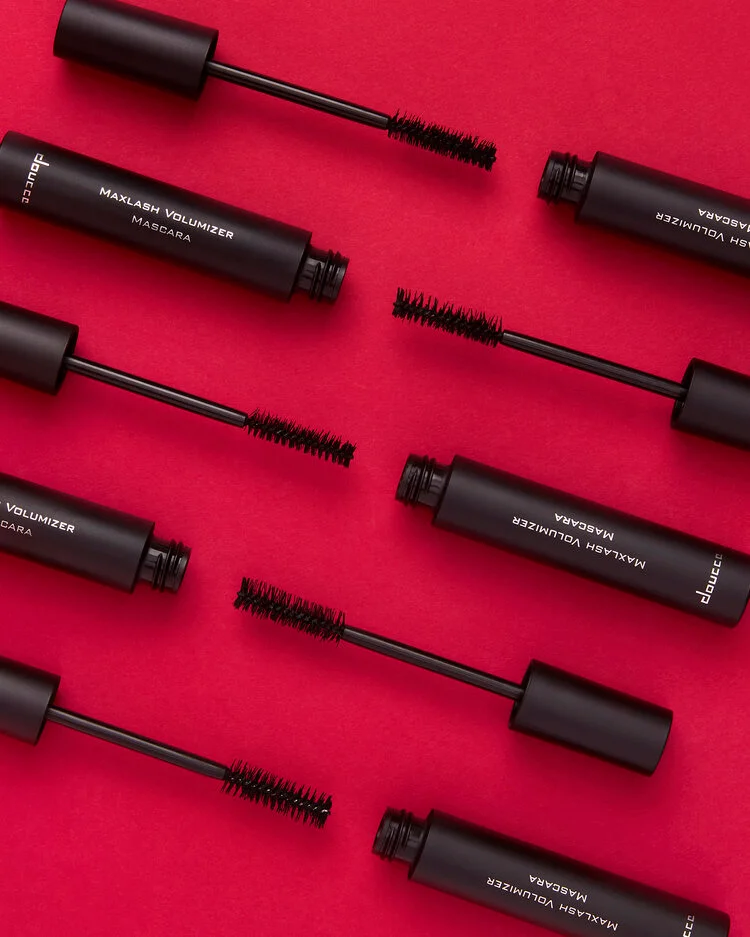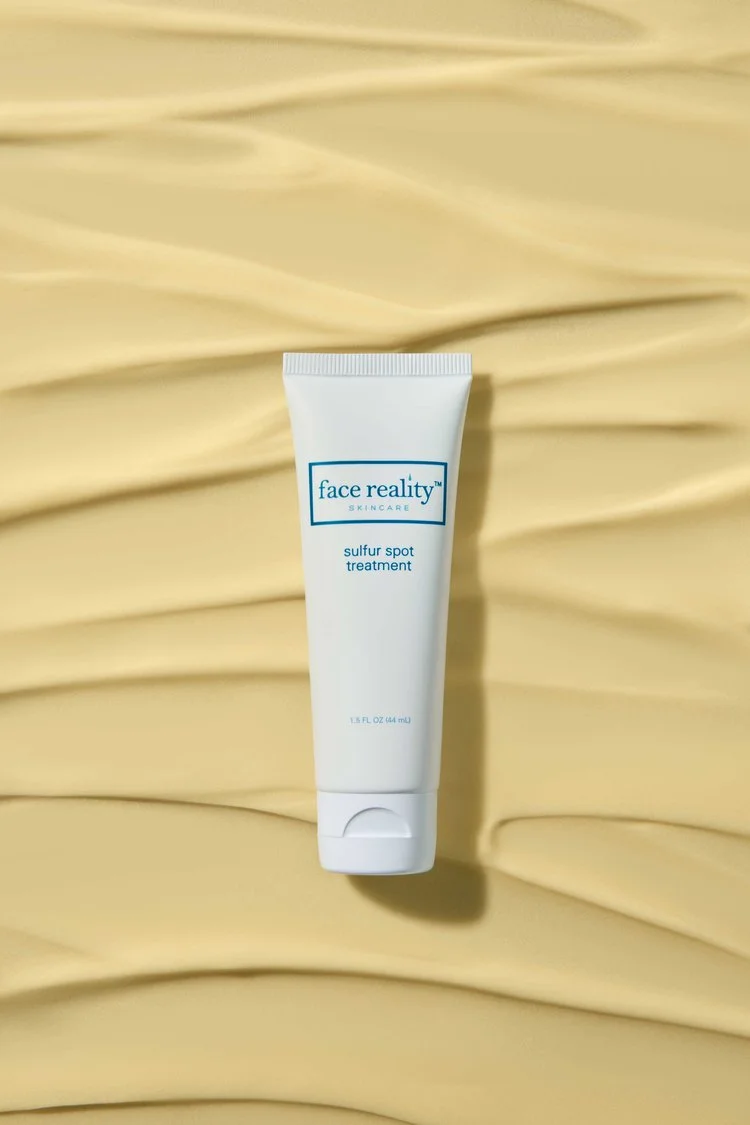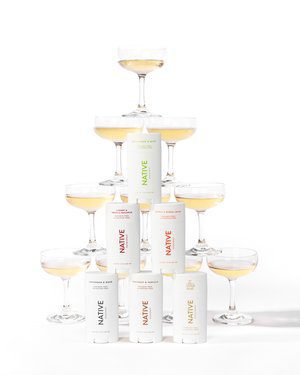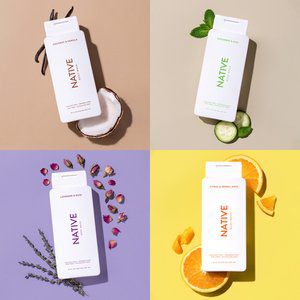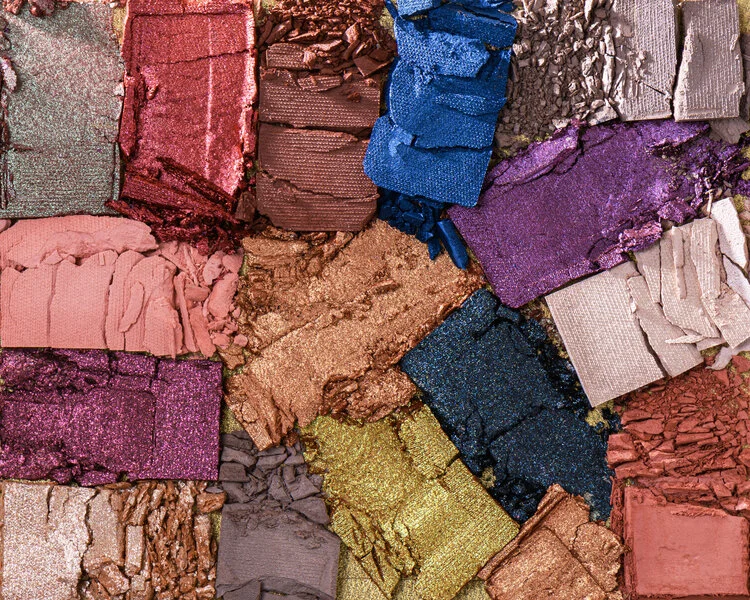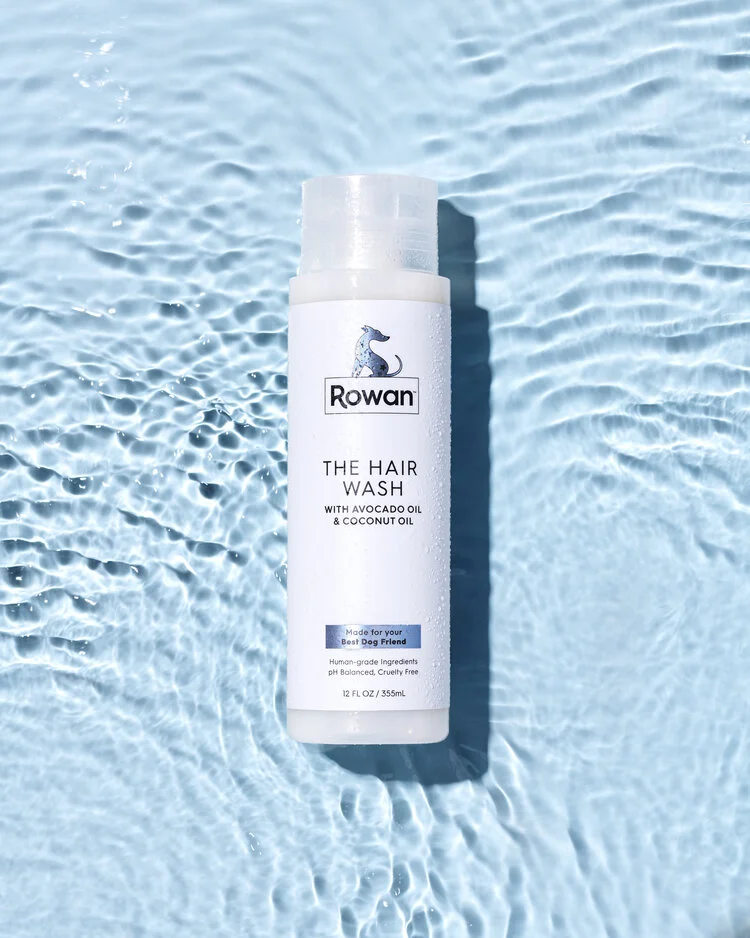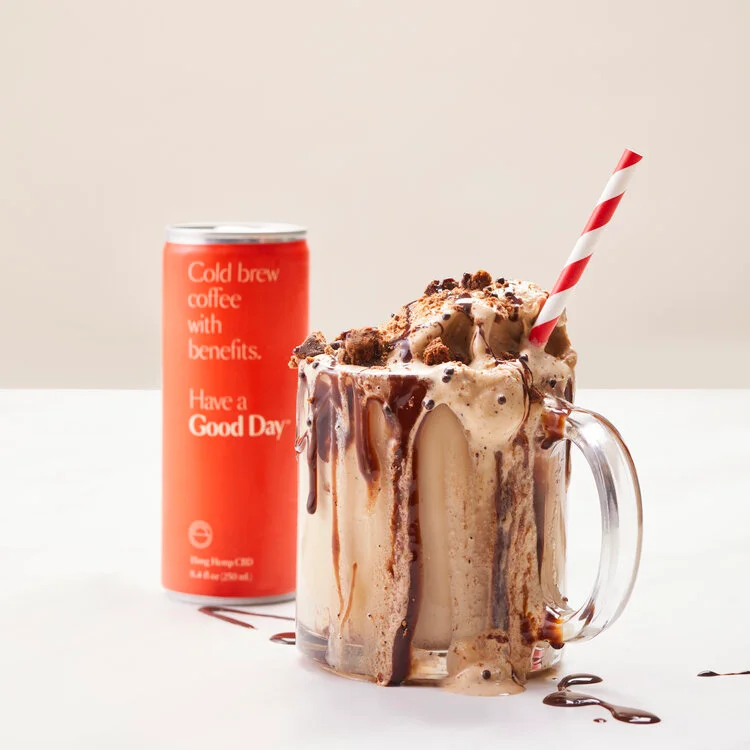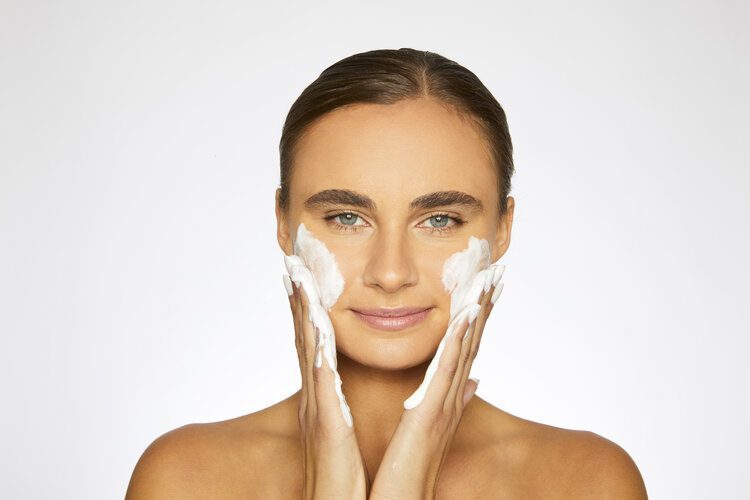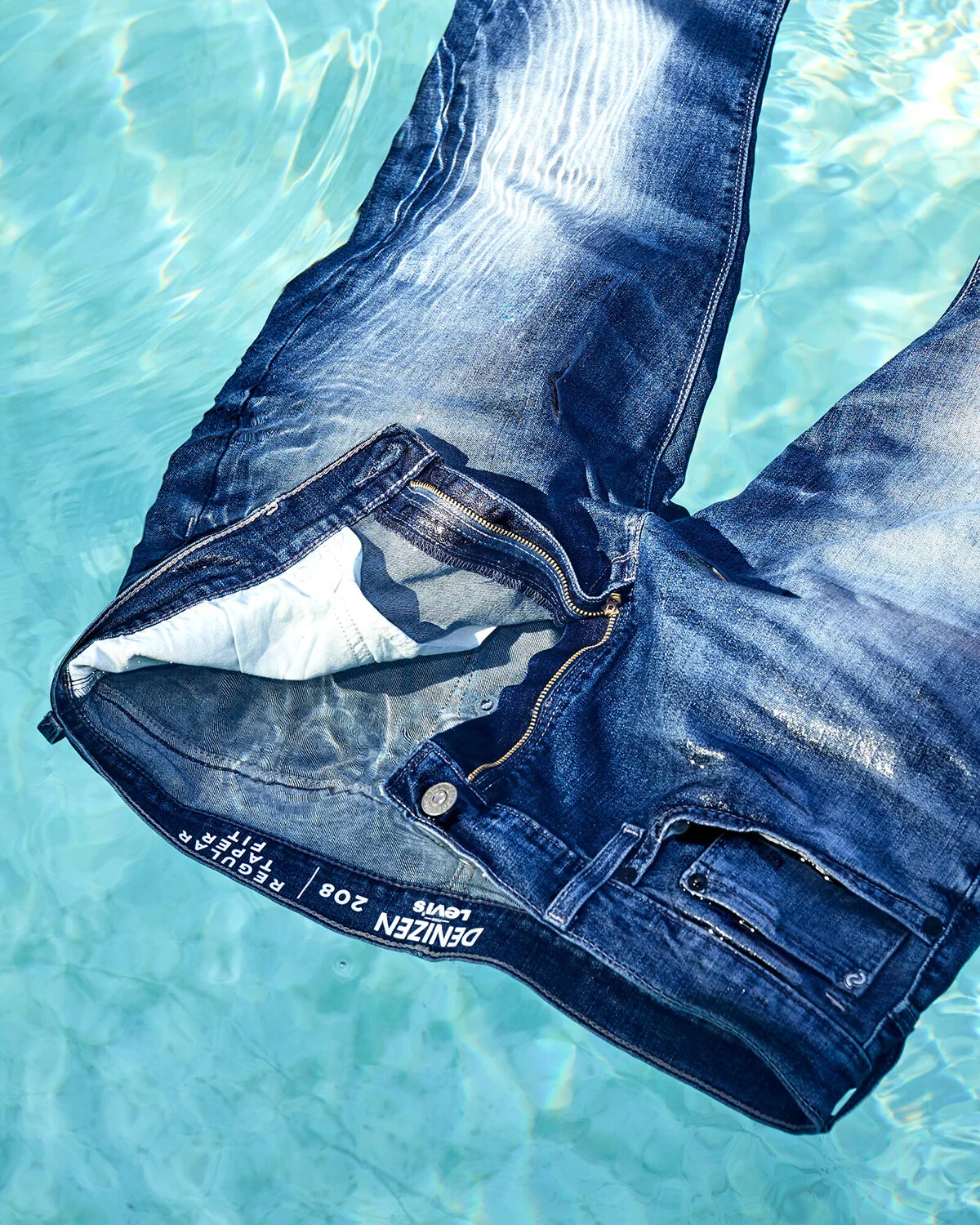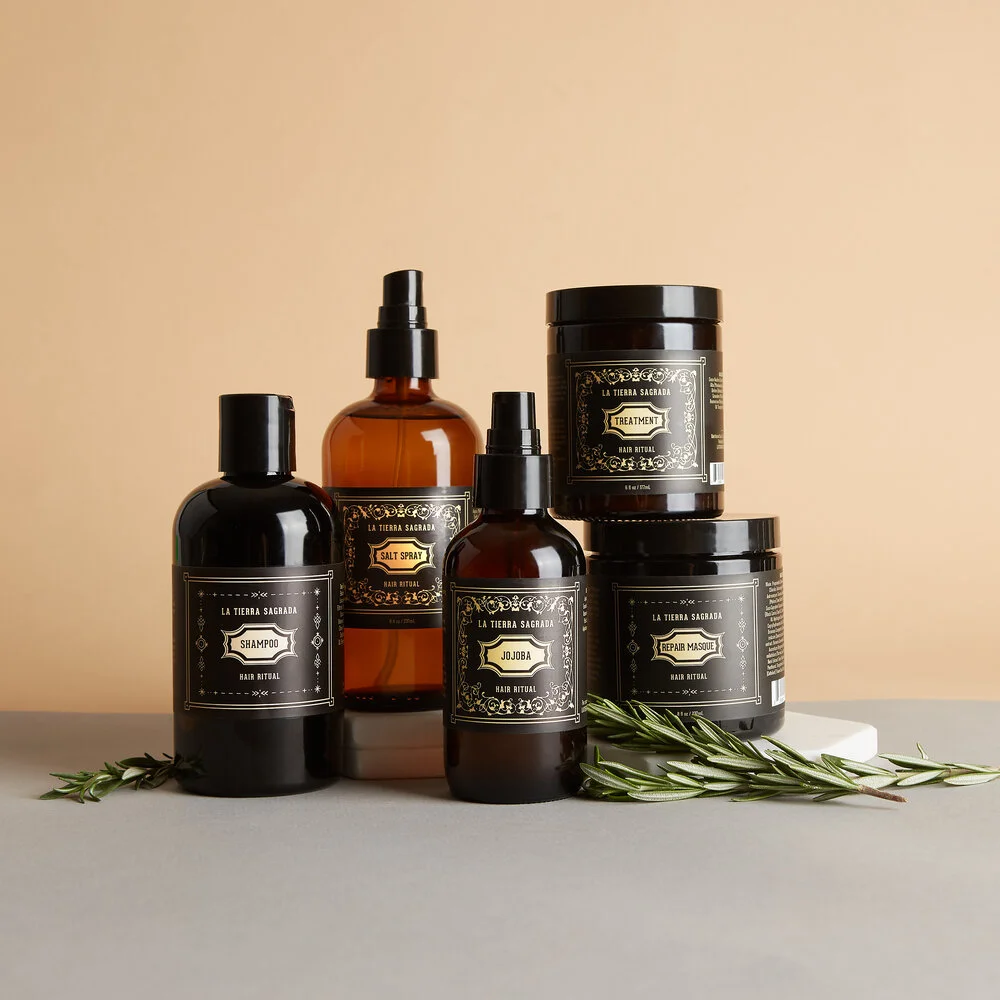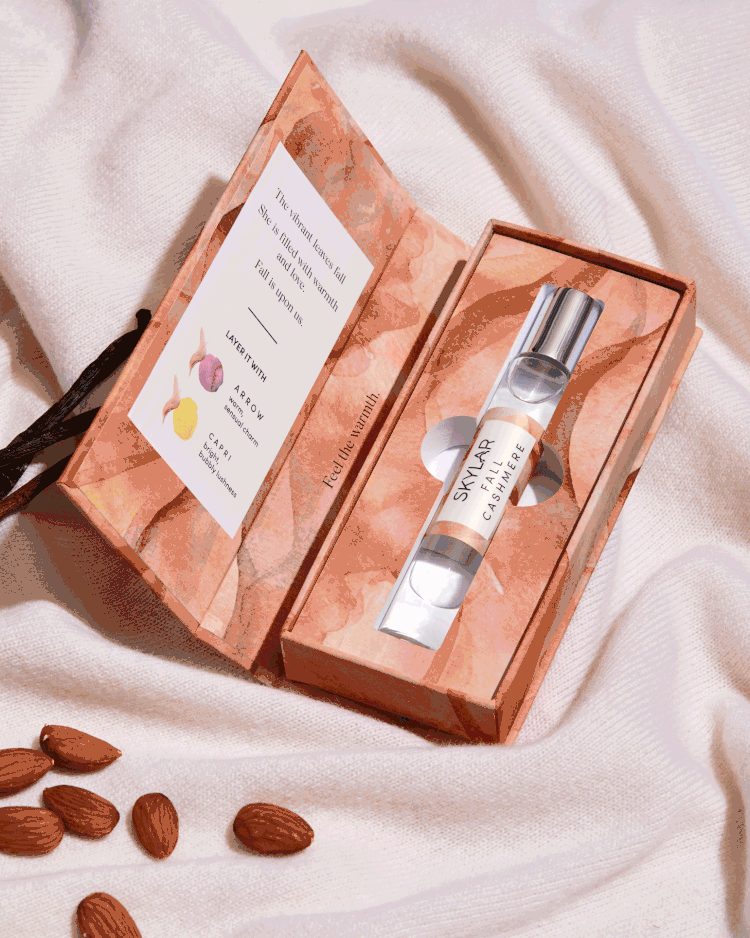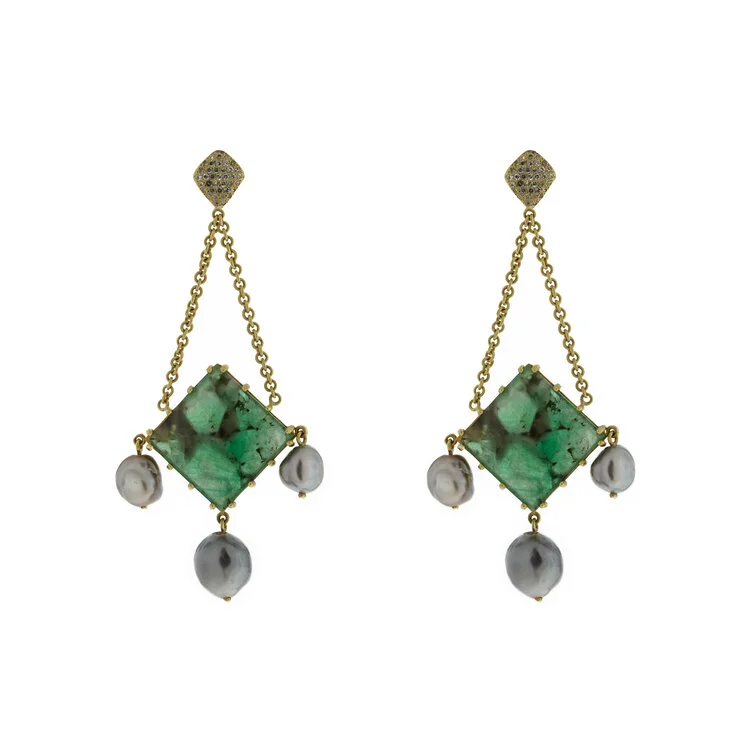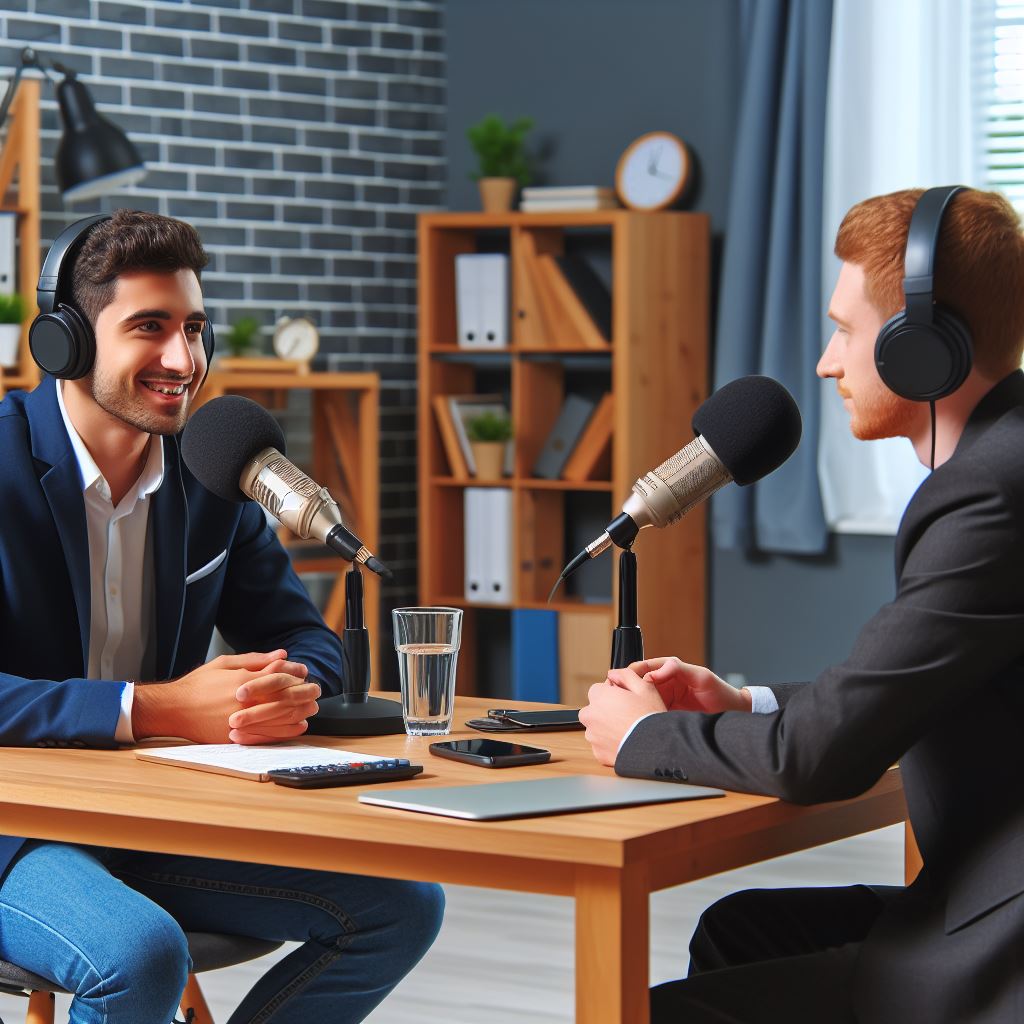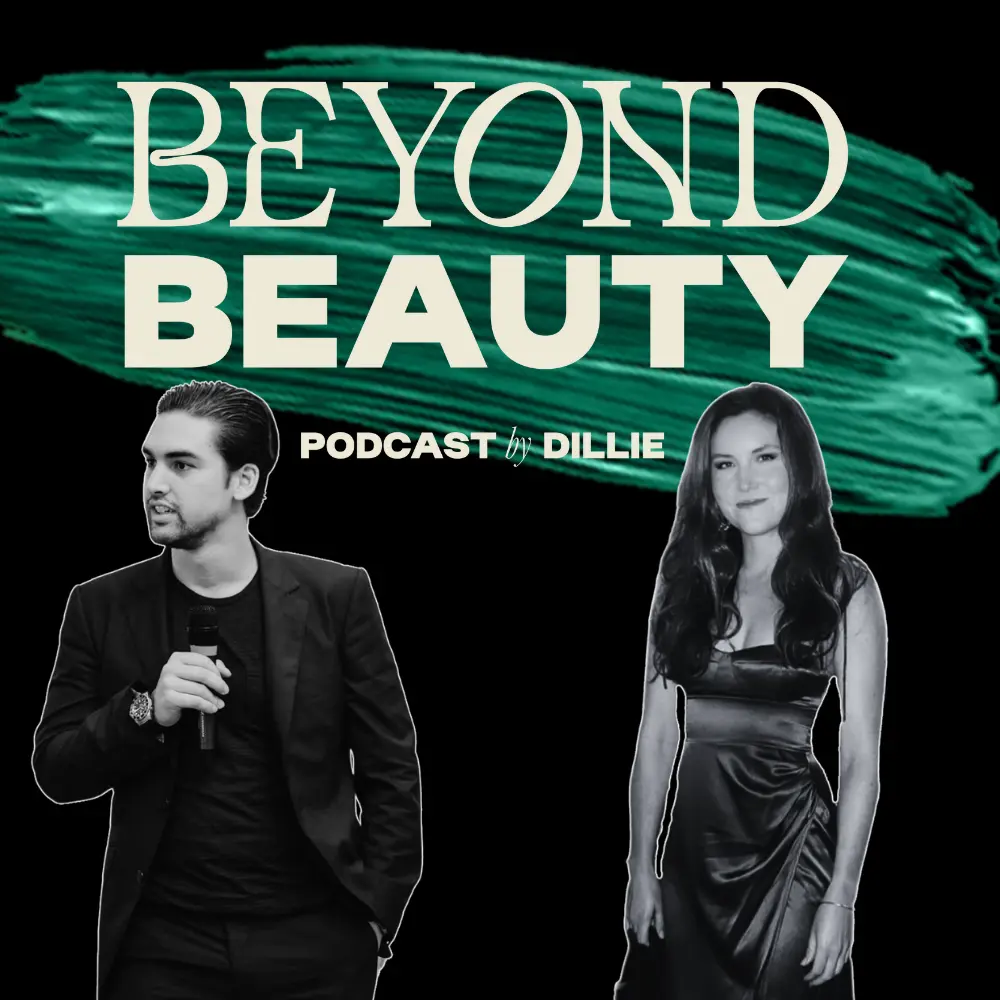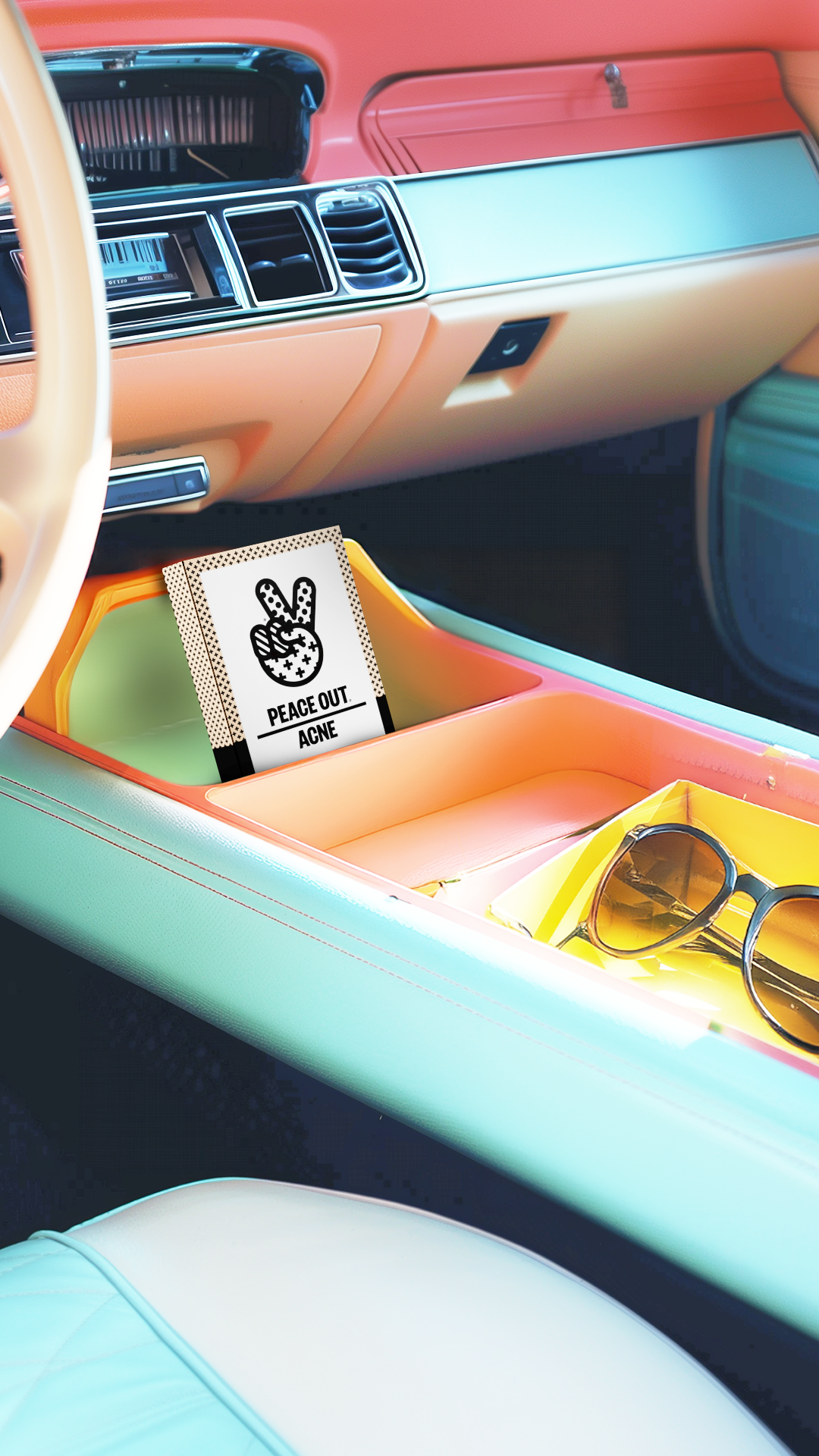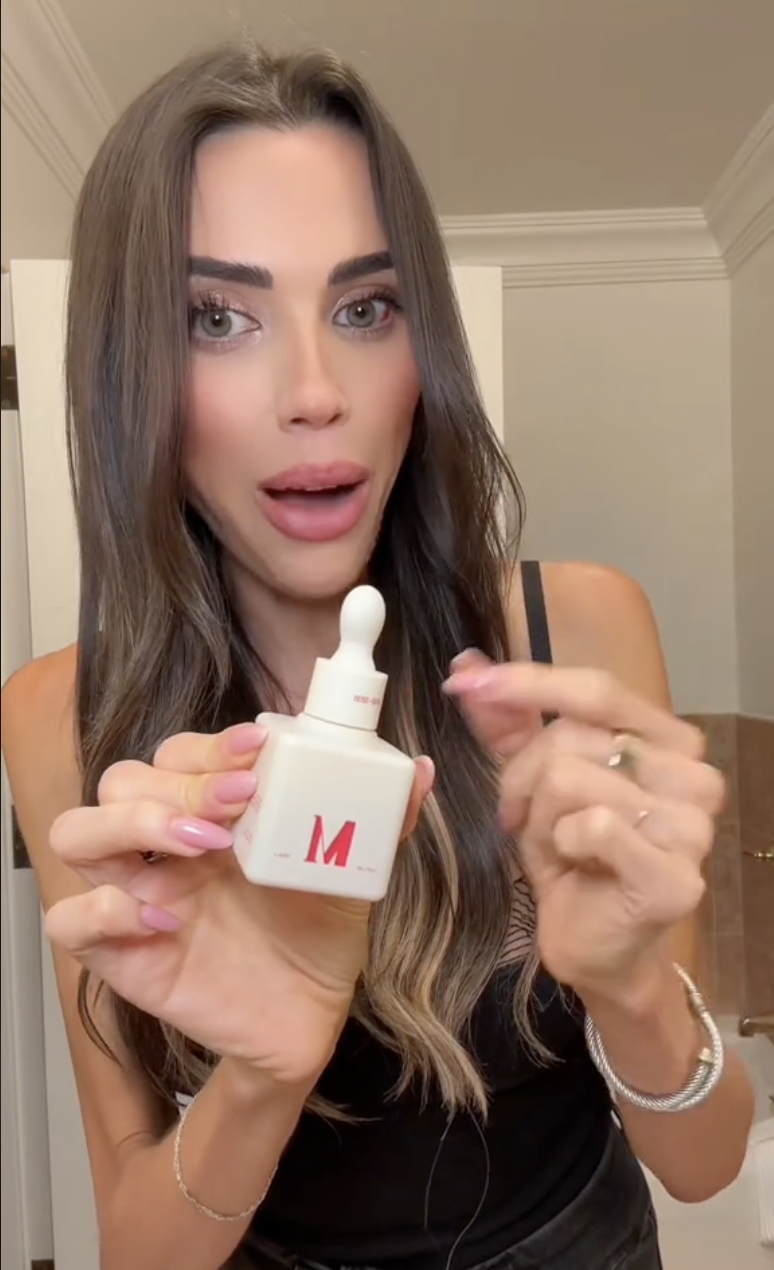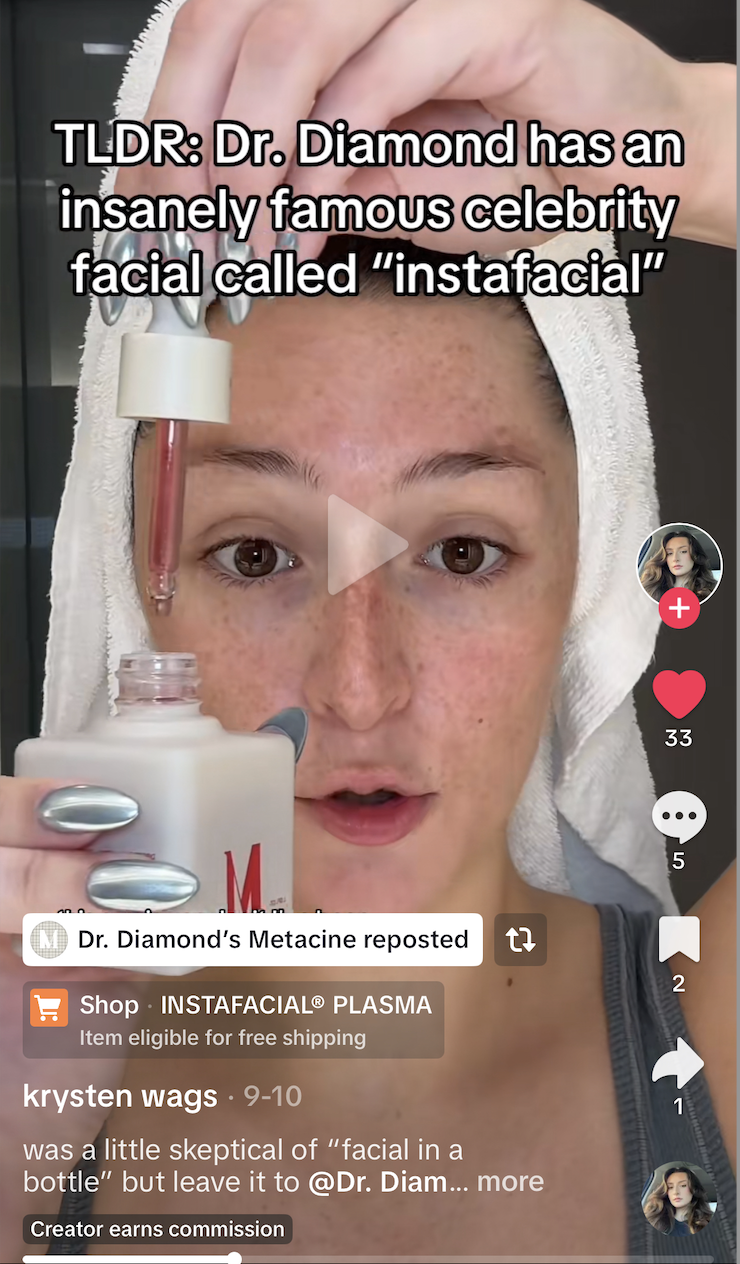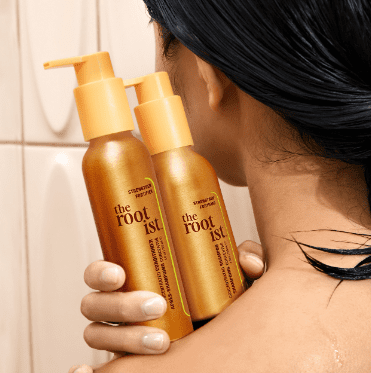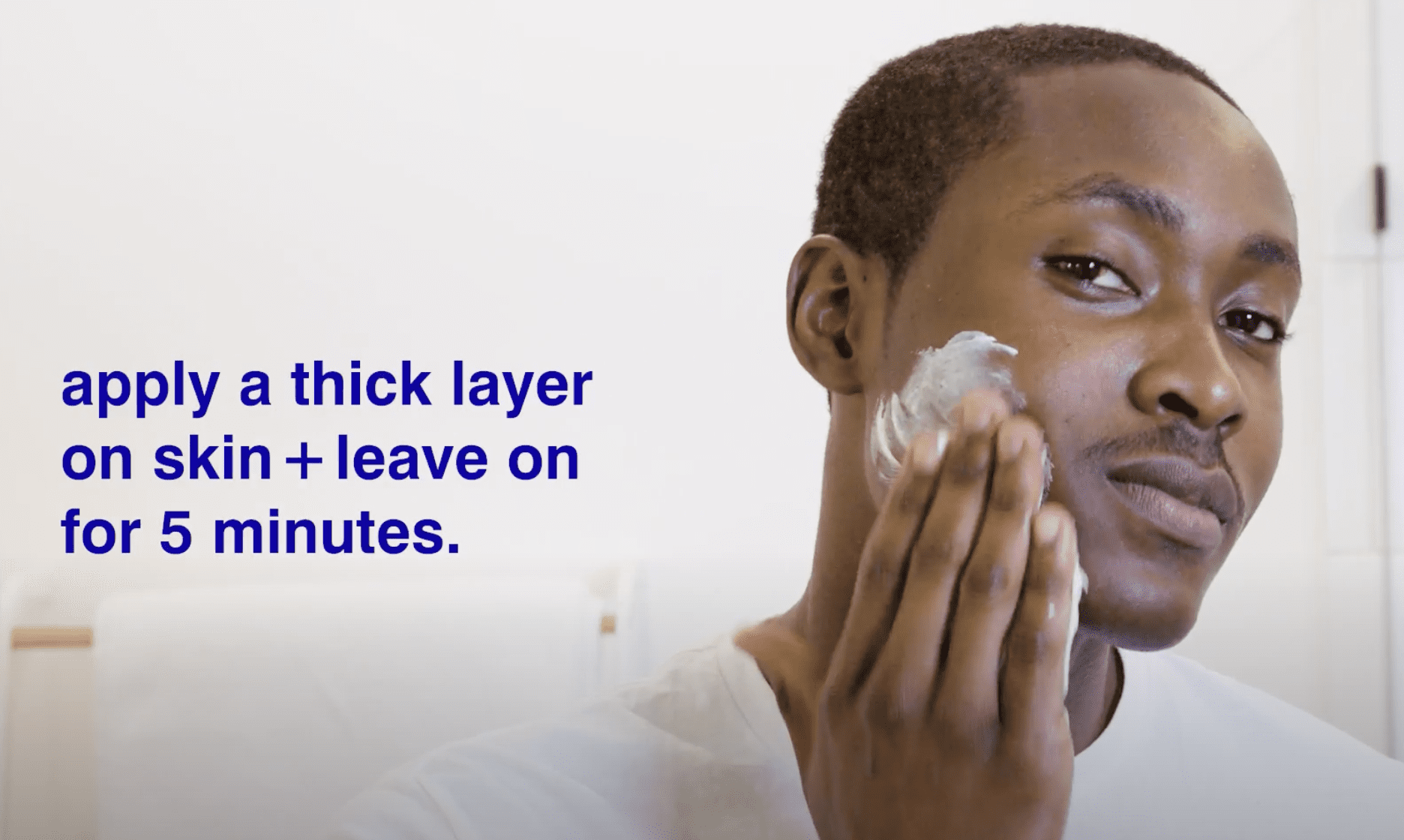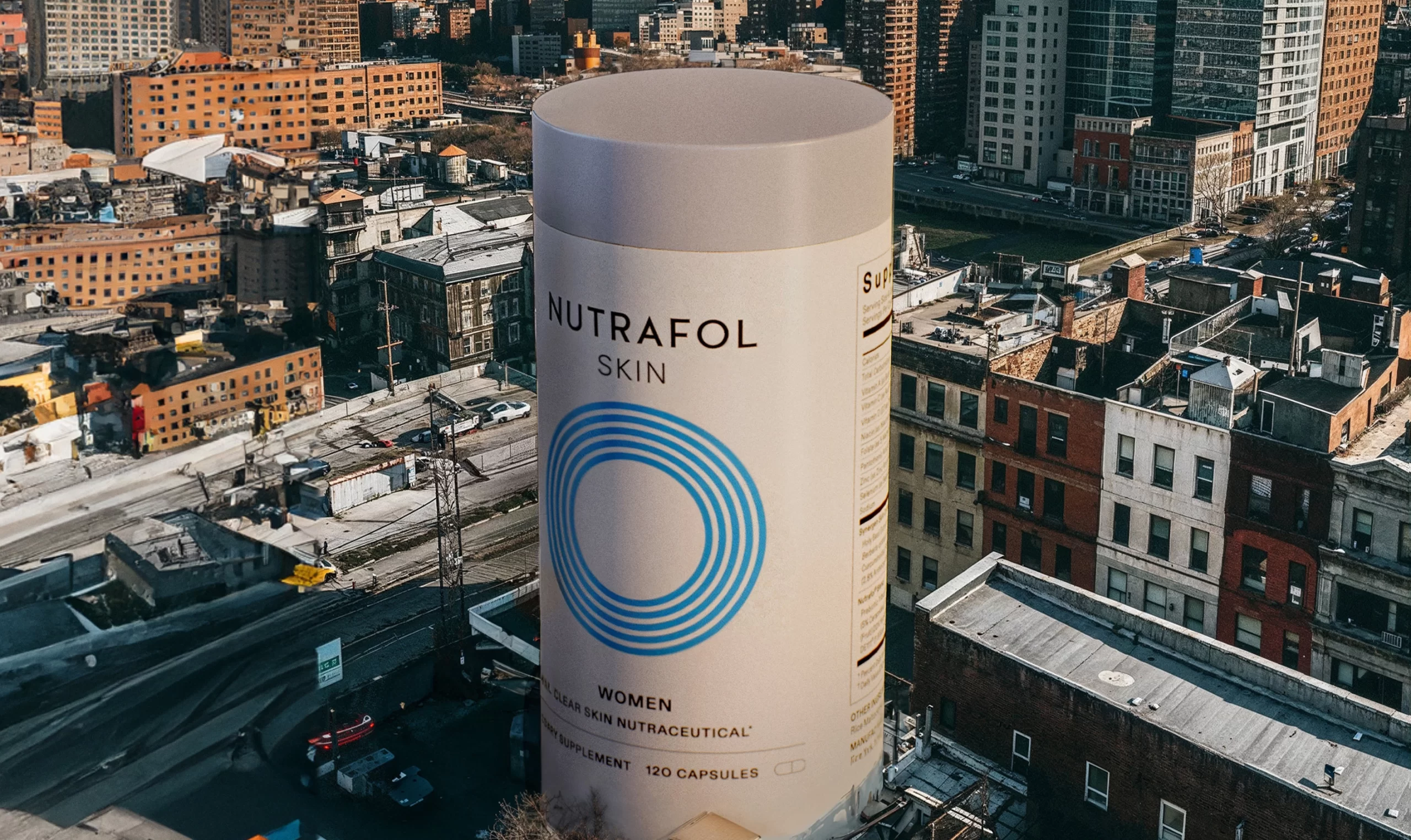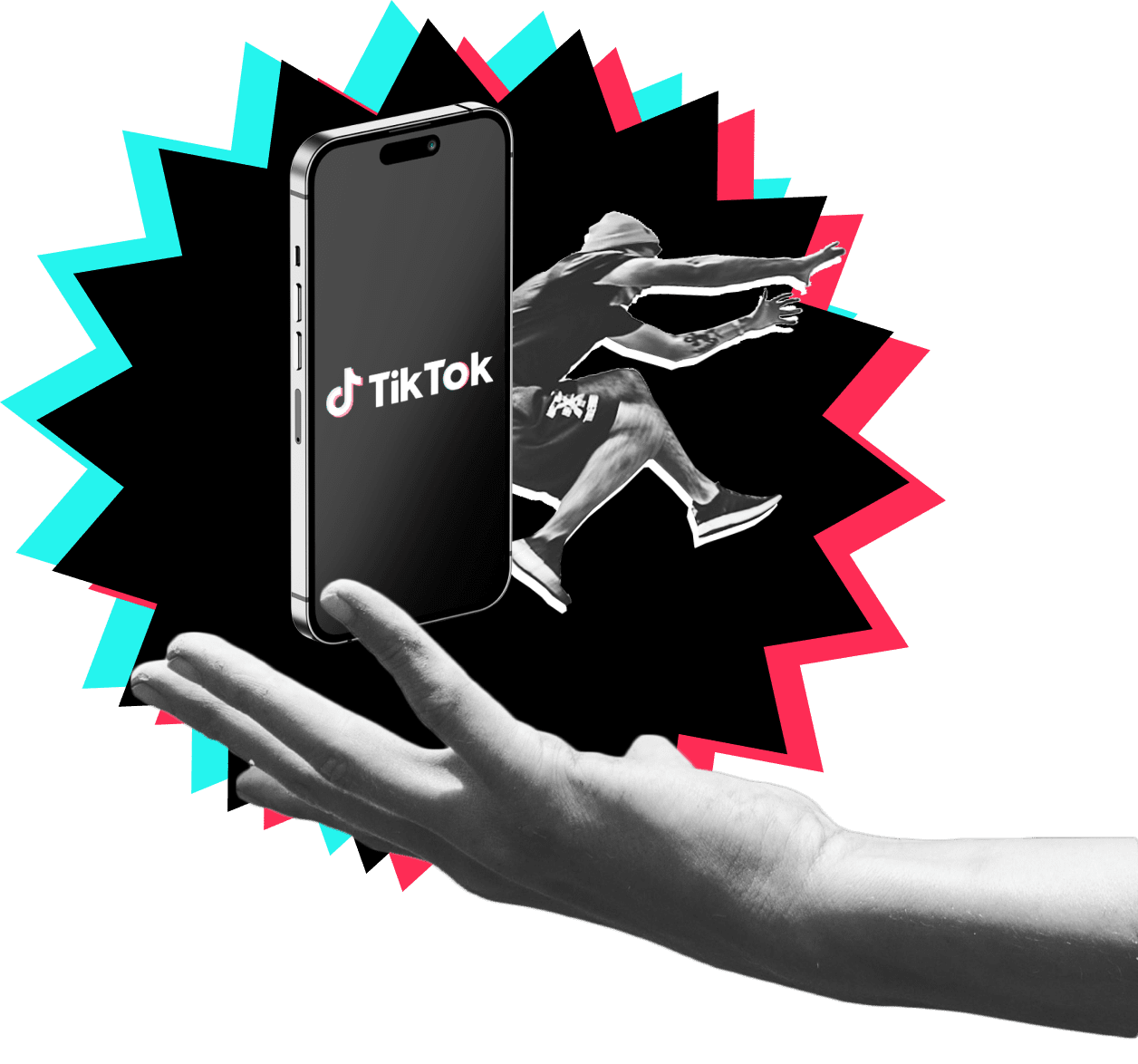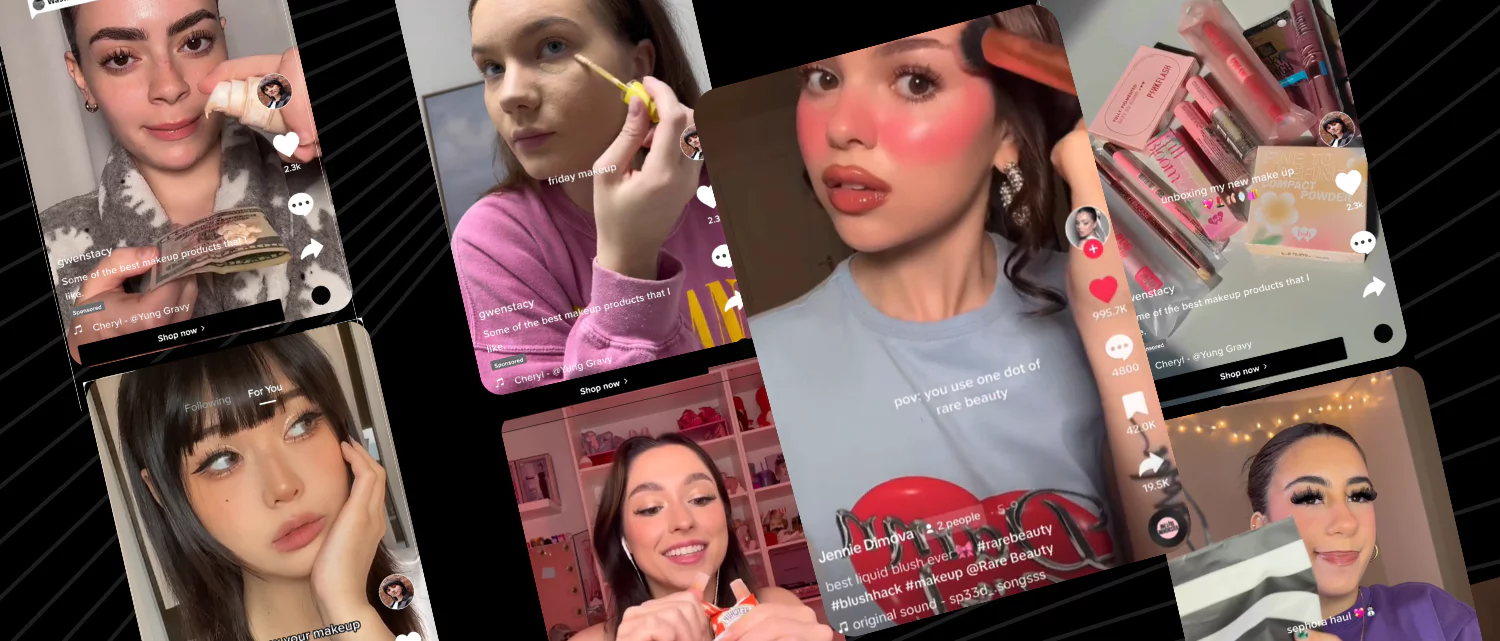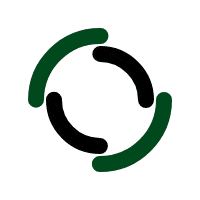In the latest episode of the Beyond Beauty Podcast, we are introduced to the multifaceted Jamie Melbourne, a makeup artist, male model, and former first assistant to François Nars of Nars Cosmetics. Jamie’s story is a testament to resilience, creativity, and the pursuit of passion. This blog post delves into Jamie’s remarkable career, his transition from modeling to makeup artistry, and his entrepreneurial journey in founding the men’s skincare brand, Apostle.
Introduction to Jamie Melbourne
Jamie Melbourne’s journey began in Kingston, Jamaica, where he was raised by a single mother who worked as a pharmacist. His early exposure to beauty products and fashion magazines, combined with his experiences as a competitive swimmer, sparked an interest in the beauty industry. Jamie’s move to the United States was driven by a desire to immerse himself in the entertainment industry, inspired by his siblings who had already made the move.
Transition to the Beauty Industry
Upon arriving in the U.S., Jamie quickly found himself modeling with prestigious agencies like Ford and Wilhelmina. However, his true passion lay in makeup artistry. While studying at Columbia University, Jamie sought out information about the beauty business but found resources limited. This led him to take a leave of absence to attend makeup school in Los Angeles, where he worked on Quentin Tarantino’s iconic film, Reservoir Dogs.
From Makeup Artist to Entrepreneur
Jamie’s career progressed from being a freelance makeup artist to running his own hair and makeup agency, Melbourne Artist Management. This shift was motivated by a desire to merge his artistic background with his academic inclinations. In 2019, after closing his agency, Jamie was approached by a modeling agency, which reignited his entrepreneurial spirit and led to the founding of Apostle.
Founding Apostle
In May 2020, during the early days of the COVID-19 pandemic, Jamie co-founded Apostle, a skincare brand focused on men. Jamie’s vision was to develop a tinted moisturizer that would serve as a hybrid product, combining skincare benefits with cosmetic coverage. Apostle’s flagship product, the Reclaim Tinted Moisturizer, features a unique blend of ingredients, including Jamaican Blue Mountain water, habanero pepper, and organic orange.
The Future of Men’s Skincare
Jamie emphasizes the importance of education in the male skincare market. He notes that men are increasingly interested in skincare, driven by social media and male grooming influencers. Jamie believes that the emergence of more men’s skincare brands will enhance the educational process, making it easier for men to understand the value of skincare products.
Conclusion
Jamie Melbourne’s journey is one of perseverance, creativity, and a deep understanding of the beauty industry. As he continues to innovate with Apostle, Jamie is poised to make a significant impact on the male skincare market, paving the way for a new era of beauty that embraces inclusivity and education. Listeners are encouraged to explore Apostle’s offerings and follow Jamie’s journey through the brand’s website and social media channels.
Podcast Transcript
Speaker 1 00:00:01 Welcome to the Beyond Beauty podcast, a platform to highlight the beauty industry talent, deconstruct their learnings and spark ideas for your own business. The Beyond Beauty podcast is created by daily, the leading creative agency working with the fastest growing brands in the industry. Here, we’ll interview guests from major beauty corporations, creative directors, influencers and founders, and even risk taking entrepreneurs. Our guests are not only changing the traditional beauty landscape, they’re also innovating in ecommerce, branding and digital marketing. Join us as they share valuable advice, how they launch their business, and most importantly, ignite thought provoking conversations across beauty, tech, and marketing. Hey everyone, we’ve got with us today! Jamie Melbourne. He’s a makeup artist, male model and a former first assistant of Francois Nars of Nars cosmetics. He was born and raised by a single mother, pharmacist in Kingston, Jamaica, and his career dates back to the supermodel era of the mid 90s doing makeup on Quentin Tarantino’s Reservoir Dogs, as well as pret a porter, haute couture shows and photoshoots in New York City, London, Milan and Paris.
Speaker 1 00:01:10 Jamie made a transition to becoming a hair, makeup and manicure agent in 2007 and after a period of assisting a senior agent, he ran multiple hair and makeup agencies and founded Melbourne Artist Management during the fall of 2012. The agency grew from strength to strength throughout its seven year history, and his talent worked with A-list fashion photographers, editors, magazines and stylists for numerous high end clients. His propensity for athletics as a former competitive swimmer keeps Jamie on a disciplined workout schedule, organic nutrition, and routine skincare. His mind, body, soul balance lives at the core of his being, and Foster’s is concerned for the plight of the homeless. Jamie is currently represented by Soul Models in New York City and select models in Los Angeles. He’s also the co-founder and artistic director of Apostle, and as well as a makeup artist. Jamie, you have a pretty incredible background. You’ve done a lot of different things. I’d love to maybe start the conversation with how everything started when you grew up in Jamaica. How do you find your way into the US and find your way into kind of that super incredible 90s modeling industry that everyone has heard about.
Speaker 2 00:02:23 In terms of how I found myself into the US. I always knew I wanted to live in America because I had, siblings who were at school here or in the UK, and I always had a fascination for America because of the film and music industry. In terms, I applied for a green card for it legitimately, and that was approved. I was probably one of the first the last people who actually picked up their green card at JFK when they landed in New York pretty much immediately. And as you mentioned, I was a competitive swimmer, but I remember as a kid that many of the fashion shows in Jamaica and there were fashion shows in Jamaica at that point, took place around the swimming pool, around the 50 meter swimming pool where I trained as a swimmer for many years. And I always had this intrigue. But also my mom as a pharmacist, ran apothecaries in Jamaica, and it really was in apothecaries, where I had my first exposure to fashion magazines and beauty products. And I think that just transferred to me via the process of osmosis.
Speaker 2 00:03:40 And so when I came to New York, I knew I wanted to be in entertainment, but that became more specific after a very short period of time. And I somehow landed up as a model in my very early 20s with Ford, actually with Wilhelmina. Then Ford, had that career for a period of time, but was very attracted to makeup and beauty, and as an undergraduate student at Columbia, I spent as much time as possible searching for information about the beauty business. But there was nothing on the computers at that point in history. And so I moved on from Columbia, took a leave of absence when it had an opportunity to go out to LA, went to makeup school in LA, met Quentin Tarantino through a mutual contact, and was invited to work on Reservoir Dogs. And that’s really how it began. And after about a year in LA, came back to New York and then met Francois NAS of NAS cosmetics, and he invited me to work with him for a period of time, which I did between 9 to 4 and 96, which was the height of the supermodel era.
Speaker 2 00:04:57 So I did everything with him at that point. Growing up on the set of Steven Meisel and Avedon, but also doing all the shows that old couture and ready to wear shows in Paris and Milan, New York. London came later when I began establishing my own career as a makeup artist. Then I was in London a lot, working for ID magazine, ten magazine, the English newspapers like London’s Sunday Times, Evening Standard, etc. and that really was formed the basis of my career as a makeup artist.
Speaker 1 00:05:32 It’s incredible. You mentioned coming to LA and being here for a year and being able to be on set with Reservoir Dogs, one of the most famous movies of all time. It’s amazing how America works in that sense, right? You put yourself in the right place around the right people and opportunities present themselves. And then as a matter, it’s a matter of whether you take advantage of them or not or whether you’re prepared for them or not.
Speaker 2 00:05:55 Yeah. And at the time, I made a very clever decision and I guess because of my background already in fashion, I knew that if I really want to learn makeup the right way for me at that time, I had to come back and move in fashion versus film because it’s an easier transition going from fashion to film than from film to fashion.
Speaker 2 00:06:20 It’s like going from classical ballet to modern dance completely.
Speaker 1 00:06:24 What happens after that sort of mid-nineties NAS period? What do you continue doing after that, and how did your career develop?
Speaker 2 00:06:32 So I really dove into into becoming a freelance fashion editorial makeup artist, which basically meant that I was working on editorial shoots for high end magazines with high end teams, and also continuing to assist on with core teams with makeup stars like Pat McGrath, for example. Once I moved on from Francois, but also other makeup stars like Dick Paige or Tom Pico, I’m doing many shows for them around the world at that point. While it can turn into develop my own independent freelance career.
Speaker 1 00:07:11 That’s amazing. You’ve probably have seen a lot of the behind the scenes of so many of these personalities that we all hear about and see in magazines. What were some of the what were some of the things you learn? If you could condense it to 2 or 3 different lessons from being around people that were of such high agency through the 90s and 2000? Is there something that you learned about how to be successful, how to behave? Any kind of practices that you feel that you adopted into your own life?
Speaker 2 00:07:42 From a technical standpoint, in terms of doing makeup, that was, for me the best training, working with these stars who really worked at a super high level and working on these big teams as part of a core team on shows.
Speaker 2 00:07:58 There was a lot of competition, as you can imagine, working with 20 other makeup artists during the supermodel era. And that competitiveness, as well as the determination to be excellent at your craft, is probably one of the important things that I took from that period. Also, I think at that time in fashion, which was the transition from the supermodel era to the heroin chic era, for lack of a better expression. But it was also a time in fashion where it was important to be to be nice. It wasn’t so fashionable anymore to have attitude, and being nice and being able to communicate with people was very important, I thought. To your one success.
Speaker 1 00:08:44 Tell me more about how do you go from being that freelance makeup artist, working with all these stars into an entrepreneurship, right? Starting your own firm? Starting your own company? I mean, it’s a big it’s a big step, a big change. So why the motivation? Why not just continue to do makeup only and why venture into this new things.
Speaker 2 00:09:05 We always spoke about agents and also the beauty business and specifically about Bobbi Brown at that point in time in history, because my agent was Bobbi Brown’s agent, previous to being my agent. I did the hair and makeup agency. That was a way of pleasing my my academic oriented past, trying to bring somehow academia with art. And so I did the agency. I felt equipped to do that because of my background. And also I was working with one of the best agents in the world who gave me my first job. As a matter of fact, at the end of that period and we worked. That was really a high point in my career because we worked with all the top photographers, editors, magazines, advertising. We worked with everyone from Anna Wintour up and down, and clients like Neiman Marcus, etc., Ralph Lauren. But at the end of that, in 2019, I was closing the agency, and at that time I got taken on by a modeling agency again. And and I thought to myself, this seems like a perfect combination.
Speaker 2 00:10:20 I’ve had this background in beauty and fashion. I’ve had this background as a makeup artist. You’ve always wanted to be a brand. So I reached out to one of the top brands, makeup brands in the world. They had a men’s line and they sent me the entire line of product. And I tried on the foundation. And my immediate instinct, based on my training as a makeup artist, was that I could do this differently. I could do this more in a more translucent way. So skin would show and it would uncover a man’s skin the way this particular product was and and right there and then. So immediately I started talking to all my supermodel girlfriends and, producers and agents who worked at a very high level in the business. And just saying, what do you think of a men’s brand? I’m thinking of doing a men’s brand. They all thought it was a brilliant idea. And as it turned out, one of those women is the woman who introduced me to my co-founder. she was an agent at Odd Partner, which is the top photography, hair and makeup styling agents in the world, and she’s the one that introduced me to Tony.
Speaker 1 00:11:36 It’s amazing. And so basically, your life continue to be tied into the makeup world with all these different brands.
Speaker 2 00:11:45 Exactly.
Speaker 1 00:11:46 That is amazing. You’ve worked with arguably the largest brands in the world.
Speaker 2 00:11:52 I have.
Speaker 1 00:11:53 Really remarkable. So let’s fast forward a little bit. Talk about, Apostle. So how did that come to be? Why focus on male skincare? Where do you see the opportunity? Here? How did it come about?
Speaker 2 00:12:07 Why focus on male skincare? I’ve always seen skincare as being so basic to cosmetics. It’s the beginning. And then skincare inside and out. The way you eat, the products you use. The frequency with which you use them. If you do that in the right combination, you should end up with really good looking skin. Why? Apostle. For me, it felt right. I just went with my instinct, in spite of the fact that I always thought I would have done a women’s brand. It just seemed that from what I had read, from the conversations that I had, that it was the perfect time.
Speaker 2 00:12:46 And it was 2020 and it was May 2020, just around the time that Covid began, and which was around the time that I met Tony and Tony and I met and we started, having a conversation about, men’s skincare and cosmetics and that conversation evolved, and we pulled a really great team around us to help us push forward with that endeavor.
Speaker 1 00:13:14 That’s amazing. And it’s so interesting because there are still few male skincare brands, and I find that someone that purchases skincare products is always difficult to understand. What is good for me especially, I feel like men are less educated in that sense or we have less knowledge. How have you figured the educational component of talking to men and have them understand the value of the product?
Speaker 2 00:13:40 I think a starting point, a good starting point, is that the skin is our largest organ. And regardless of whether you’re male or female, we all have skin. Our skin reacts to the environment like skin does, and skin needs to be protected to survive decade after decade. I think that men are already intrigued with skincare and cosmetics in this era.
Speaker 2 00:14:09 Probably a lot of that has to do with social media and and for our opportunity, that was just a way of creating an environment where men would have an access and easy access. We already knew from our research that men were using tinted moisturizer if they wanted to clean up their skin, for whatever reason. We already knew that men were using under-eye concealer. We also knew that men, at least men in big cities like New York, Los Angeles, Chicago, San Francisco were using were engaging in skincare. If you are going to use a concealer or tinted moisturizer, as much as it will help to clean up blemishes, the cleaner the skin, the better the result.
Speaker 1 00:15:00 How did you land on the on specifically moisturizers? Why did you feel that was the first product to.
Speaker 2 00:15:06 Provide tinted moisture, because we consider that to be a hybrid product and we want to do skincare and makeup cosmetics, for lack of a better expression. We want to start in a place so that we could continue to grow in both areas, and that could open up other possibilities for us if we chose that down the road.
Speaker 1 00:15:28 What are other examples of products that you think have that sort of duality to that.
Speaker 2 00:15:35 That hybrid? Yeah, many cosmetic products. I would say today makeup products do have that hybrid. They are concerned about skin care even if they’re adding color to the equation.
Speaker 1 00:15:49 Interesting. It’s interesting because it’s like not a concept that I guess I’ve seen before specifically for male skincare. You’ve had different options on both ends, right? Yeah. You have moisturizers. You’ve never I’ve never seen this as a hybrid.
Speaker 2 00:16:05 But I’ve attended And and it is because with our Pacific product, it does contain what we call a blue mountain, a Jamaican blue Mountain complex. And it’s that complex has three ingredients. It’s blue mountain water from Jamaica, which we import, also habanero pepper, which we call Scotch bonnet pepper. In Jamaica, that’s very high in vitamin C and sweet orange, which we call organic orange. So the vitamin C component and the water, which is very highly pH balanced and anti-inflammatory. These are already creating a skincare ingredient.
Speaker 2 00:16:45 And then we also add to that product squalane hyaluronic acid and niacinamide. So the product is it’s hydrating, it’s nourishing and it’s protective to the skin. But then it also has the color component and the our tinted moisturizer, which we call a reclaim Tinted moisturizer, comes in 12 shades from from deep to light.
Speaker 1 00:17:11 That’s wonderful. Well, I mean, if as the company keeps growing. Do you have your sights on other products as well that are this type of hybrid.
Speaker 2 00:17:21 As far as possible? Yes. And speaking of products that we already have probably about we have about 16 products already completed, which we will come out with over time. But in the during Covid we had time to research and develop. So we were busy researching and developing.
Speaker 1 00:17:41 That as amazing. So that is 16 products in the back burner ready to start releasing them.
Speaker 2 00:17:47 Correct.
Speaker 1 00:17:49 That’s incredible. Where is the product today? Where can people find and buy the product?
Speaker 2 00:17:53 On our website and on Amazon. And we are actually going into our first retail environment in August.
Speaker 1 00:18:04 Congratulations.
Speaker 2 00:18:05 Thank you.
Speaker 1 00:18:06 Let us early big step. One of the bigger questions I always have specifically around skincare cosmetics for men is what do you think the industry is going? Do you have any tips or any insights into project 3 to 5 years? What products are going to grow? What are men going to care about when it comes to their skin?
Speaker 2 00:18:24 That’s a Tony question, but I will say this much that with our the education process that we have planned with more men’s products, men’s cosmetic brands, there’s Horus in Paris, there’s Warpaint in London, and there are other brands as well. We see that as supportive to our process, not detracting in any way, because the more men’s brands that open, it’s, the more the education process and the more the word gets, the news gets carried along.
Speaker 1 00:18:57 So thank you for that. Jimmy, I put you a little bit on the spot there. So tell me, I guess to to wrap up for Or apostle. You’re moving into retail. you’ll be launching up to 16 new products.
Speaker 2 00:19:13 No, we’re starting off with our with our tinted moisturizer.
Speaker 1 00:19:18 And that is already available. And that.
Speaker 2 00:19:21 Correct.
Speaker 1 00:19:22 Amazing. So where can people find out more about you, about the work you do and about the company on.
Speaker 2 00:19:29 Our website, on Instagram?
Speaker 1 00:19:33 Com is.
Speaker 2 00:19:33 That correct? It’s a Paul simon.com. Wonderful. Our Instagram is a Paul Simcoe and our website the same apostle Marco. And of course there’s my LinkedIn Jamie Melbourne. There’s a lot of information there.
Speaker 1 00:19:49 You’ve had a remarkable career so far. So thank you. Excited to see what you get into next.
Speaker 2 00:19:56 Thank you I appreciate it and I appreciate this time we spend together.
Speaker 1 00:20:01 Thank you Jamie.
